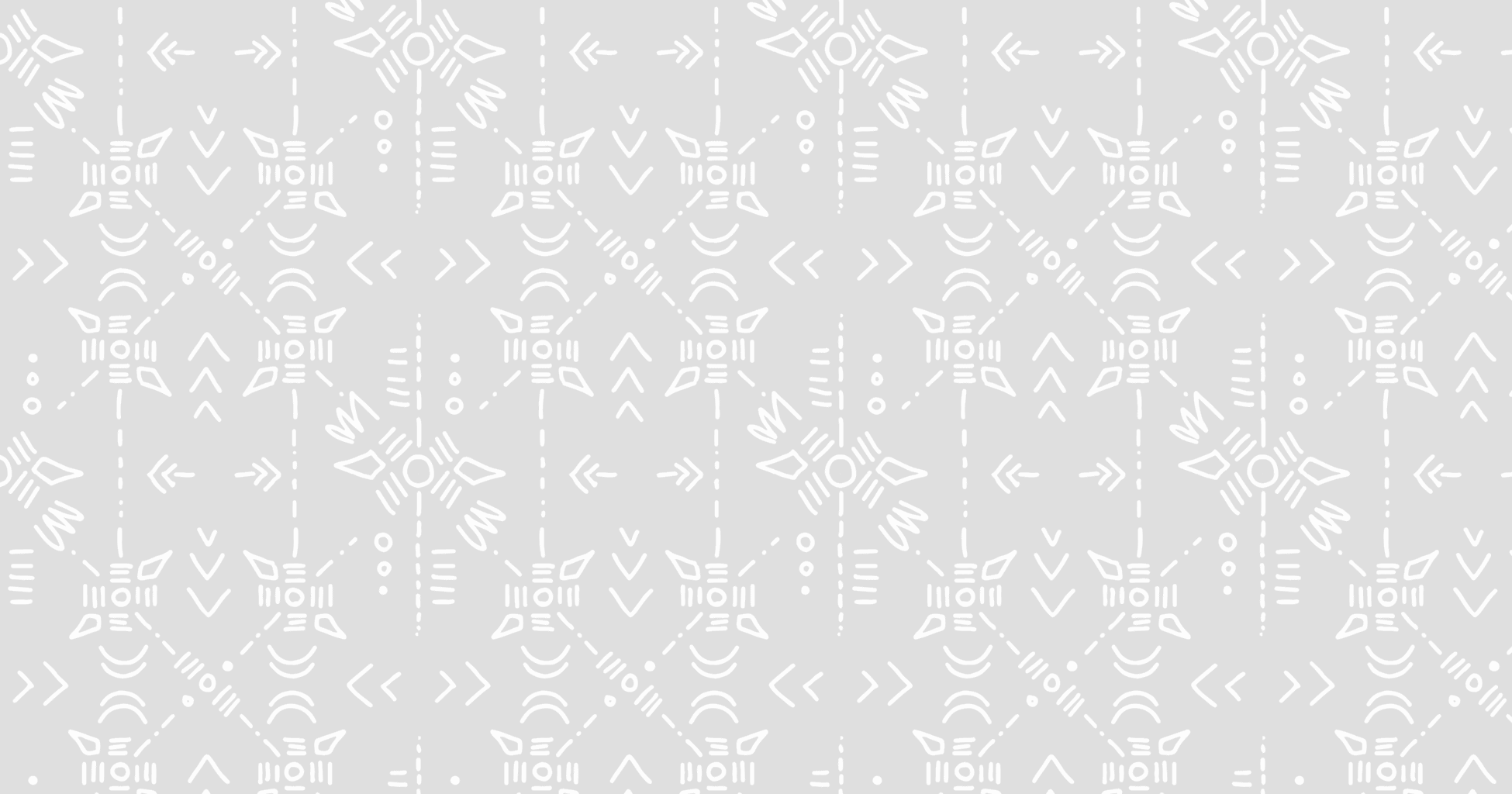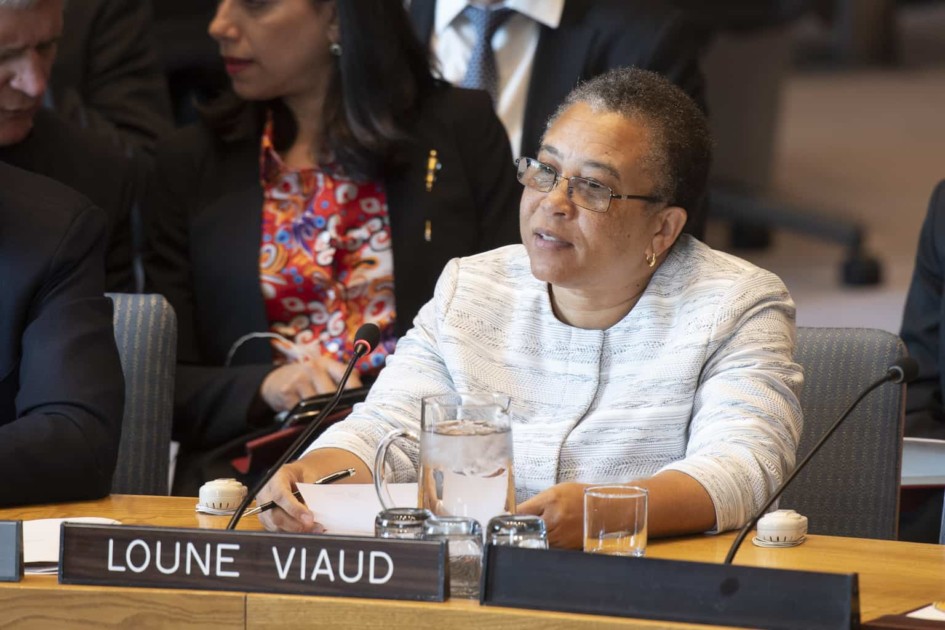Haiti
Haiti
Current and Past Recommendations to the UN Security Council (Monthly Action Points)
Over recent months, Haiti has descended into a deepening political crisis, with repeated demonstrations calling for accountability and structural reform, amidst a massive corruption scandal, as well as the President’s resignation. Parliamentary elections set for October 2019 were not held, enabling the president to rule by decree since 13 January 2020. Political instability in Haiti is reinforcing existing vulnerabilities to SGBV against women, girls, and gender non-conforming people (OutRight Action Intl., Miami Herald). During its discussion on the situation and consideration of any recent reports, the Security Council should inquire about the extent to which the mission has maintained WPS-related activities following the transition to the new political mission. Briefings should detail ways in which the UN Integrated Office in Haiti (BINUH) is addressing critical gaps in accountability for SGBV, including ensuring the provision of gender-sensitive services for SGBV survivors/victims, including sexual exploitation and abuse (SEA) by UN peacekeepers and personnel, establishment of transparent, survivor-centered, readily accessible mechanisms to hear claims for remedies, including claims for child support from UN peacekeepers, and engagement with grassroots women’s organizations whom are directly addressing SGBV at the local level. BINUH should monitor compliance with Haitian law and the UN’s policies on SEA. The Council should call on BINUH to monitor the implementation of the UN’s New Approach to Cholera (A/71/620) and ensure that the ‘material assistance package’ is gender-sensitive, fully-funded, and ensures women’s participation in its implementation. Finally, the Council should follow-up on the UN findings regarding the November 2018 massacre in La Saline (UN), particularly in regards to SGBV and Government efforts to protect and assist displaced individuals, including women. According to local media, survivors/victims are still are living in dire conditions without access to food, shelter, health services, or education.
Relevant Resources








